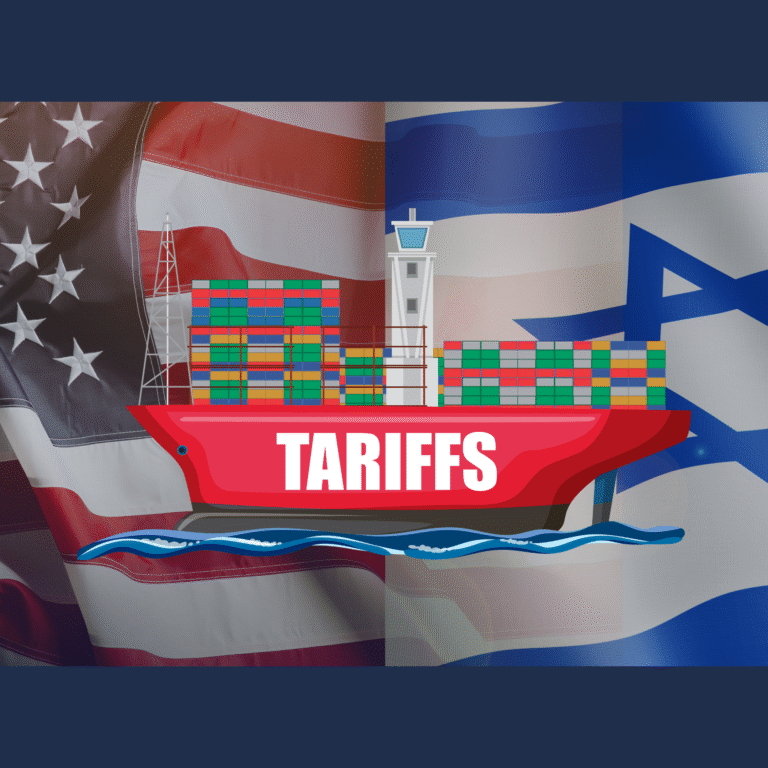

The latest version of the SECURE Act, creatively named “SECURE Act 2.0”, brought with it many retirement changes for Americans, each accompanied by advantages and disadvantages. What does it mean, though, for Americans abroad? Should US expats be taking advantage of all the provisions the Act has to offer? Here’s why we’re not sure that a Roth 401k for US expats always makes sense.
SECURE Act 2.0: Potential Drawbacks
Some of the changes are:
- The Required Minimum Distribution age for retirement accounts goes up to 73 in 2023 and will increase to 75 in 2033.
- The penalty for missing your RMD will now drop to 25% of the amount vs 50% under the old rules.
- Up to $35,000 in leftover funds in a 529 College Savings plan may now be moved into a Roth account for the beneficiary.
Some of the largest changes are to the amounts and types of contributions people may make to their retirement plans. The catch-up amount for people over 60 will be going up, and you can now have your employer do matching Roth contributions. Like most things in life, both changes could be positive, but they do have some “catches” to be aware of.
For people between the ages of 60 and 63, the maximum catch-up contribution will be $10,000 vs the current maximum of $7,500 for people over 50. A big change will be that if a person is earning more than $145,000, all his or her after-50 contributions will be in after-tax Roth dollars and not pre-tax dollars. This is something to be aware of if you are already doing some of your contributions as Roth, as now you may have a larger amount going toward Roth (and conversely lower pre-tax dollars contributions).
Employer matching contributions can now be made as Roth contributions. Again, this is good because it creates a potentially larger pile of tax-free money to grow and be withdrawn tax free. However, there is a cost, and that cost is that the employer match will be considered income in the year in which they are made to the employees account. This may lead to a larger tax bill.
Does a Roth 401k make sense for US expats?
The Roth 401K has given people saving for retirement more options. However, this can result in higher taxes now that may not necessarily be offset in the future. This is especially true if someone is going to have lower income in retirement, and/or may be in lower tax bracket then.
These changes from the Secure Act 2.0 have put a person over 50 years old who is earning more than $145,000 at a disadvantage for retirement. If he or she is thinking of retiring overseas to a country such as Australia, Germany, Japan or Italy that taxes Roth distributions, then putting money away in a Roth 401K does not make sense. Countries such as the UK, France and Canada do not tax Roth distributions.
The situation in Israel is unclear and will be the subject of a more detailed analysis. Part of the analysis depends on your tax domicile at the time you made contributions to the plan. In order to play safe, assume that Roth IRAs will be taxed at distribution – and therefore it may be best not to make a Roth contribution to your 401K if you already live in Israel.
The bottom line is that whether you plan to retire in the US or overseas, the changes brought about by the Secure Act 2.0 have made saving for retirement more complicated. We believe that seeking out a fiduciary advisor to help walk you through the decision of how to save for retirement, and in what types of accounts to do so, should be of value to you.
It’s a bigger task at hand: US expat retirement planning
Finances can get complicated for US expats, with tax laws and financial regulations varying from one country to another, as well as the life changes that can happen when relocating overseas. The guidance we have provided here is general in nature and can not be interpreted as advice specific to any one individual.
Financial advice for expats
We are expat financial advisors located in Israel and the US, serving expats globally.
If you are moving to Israel or another country and don’t know where to start when it comes to the financial side of things, or hold US or foreign assets and need help figuring out your retirement as an expat, please contact us.
https://www.youtube.com/watch?v=-RqHE89TJZc
Have questions about retiring in Israel? We’re having a series of webinars on this topic. We’re also publishing blogs on this subject.
JOIN the newsletter list here to stay informed.
Disclaimer
Nardis Advisors LLC (“Nardis”) is a Registered Investment Advisory Firm regulated by the U.S Securities and Exchange Commission in accordance and compliance with applicable securities laws and regulations. Registration does not imply a certain level of skill or training. Nardis does not render or offer to render personalized investment advice through this medium. The information provided herein is for informational purposes only and does not constitute financial, investment or legal advice. Investment advice can only be rendered after delivery of the Firm’s disclosure statement (Form ADV Part 2) and execution of an investment advisory agreement between the client and Nardis.





